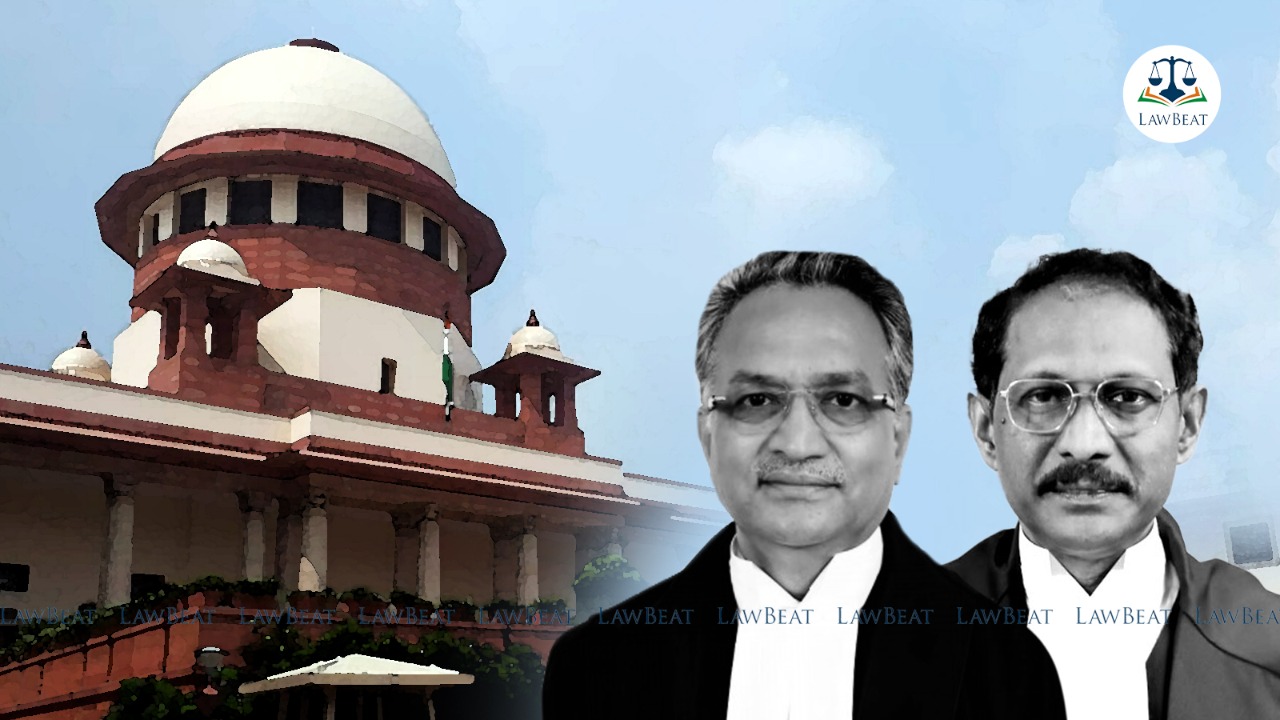'Wish/desire of child’ different from ‘what would be in the best interest of child’ in custody cases, remarks Top Court

Top Court has held that while considering the claim for custody of a minor child, unless very serious, proven conduct which should make one of the parents unworthy to claim for custody of the child concerned, the question can and shall be decided solely looking into the question as to, ‘what would be the best interest of the child concerned'.
In a matter involving the question of custody of a child, it has to be borne in mind that the question ‘what is the wish/desire of the child’ is different and distinct from the question ‘what would be in the best interest of the child’, the Supreme Court remarked on Friday.
A bench of Justices AM Khanwilkar and CT Ravikumar while hearing an appeal filed by a father seeking custody of his minor son observed that,
“Certainly, the wish/desire of the child can be ascertained through interaction but then, the question as to ‘what would be in the best interest of the child’ is a matter to be decided by the court taking into account all the relevant circumstances.”
Court further observed that when couples are at loggerheads and want to part their ways as parthian shot they may level extreme allegations against each other so as to depict the other unworthy to have the custody of the child.
“In the circumstances, we are of the view that for considering the claim for custody of a minor child, unless very serious, proven conduct which should make one of them unworthy to claim for custody of the child concerned, the question can and shall be decided solely looking into the question as to, ‘what would be the best interest of the child concerned’”, Court held.
In the case before Court, one Rohith Gowda, father of minor Aarya Ranjini Rohith, sought custody of the said minor child, so that the child could be taken to the United States of America where he was born.
Top Court was told that many conflicts and confrontation occurred in the connubial relationship and ultimately, the mother came to Bengaluru in India with the child, without Gowda’s consent.
In the case filed before a foreign Court by Gowda, orders for the return of the child to USA were passed, the top court noted.
High Court, in its impugned judgment had noted that the U.S Court subsequently suspended the order of spousal support but it did not pass any order regarding the custody of the child and hence, custody of the child was continuing with the mother in India.
The top court further found that even after rightly identifying the question of child’s interest to be of paramount consideration, the High Court had swayed away from the said point and entered into consideration of certain aspects not relevant for the said purpose.
“The High Court, after taking note of the various proceedings initiated by the appellant before the US Courts formed an opinion that he had initiated such proceedings only with an intention to enhance his chance of success in the Habeas Corpus Writ Petition and to preempt any move by the wife (respondent No.3) for custody by approaching the Indian Courts”, the division bench noted.
Supreme Court further found that the child in question was a naturalised US citizen with an American passport and his parents were holders of Permanent US Resident Cards. “These aspects were not given due attention”, it said.
Merely because he was brought to India by the mother on 03.03.2020 and was admitted in a school and that he is now feeling comfortable with schooling and stay in Bengaluru could not have been taken as factors for considering the welfare of the boy aged 11 years born and lived nearly for a decade in USA, the Court added.
With this view, Court, allowing the appeal, directed the mother to ensure that the child returns back to United States of America.
Case Title: ROHITH THAMMANA GOWDA vs. STATE OF KARNATAKA & ORS.
